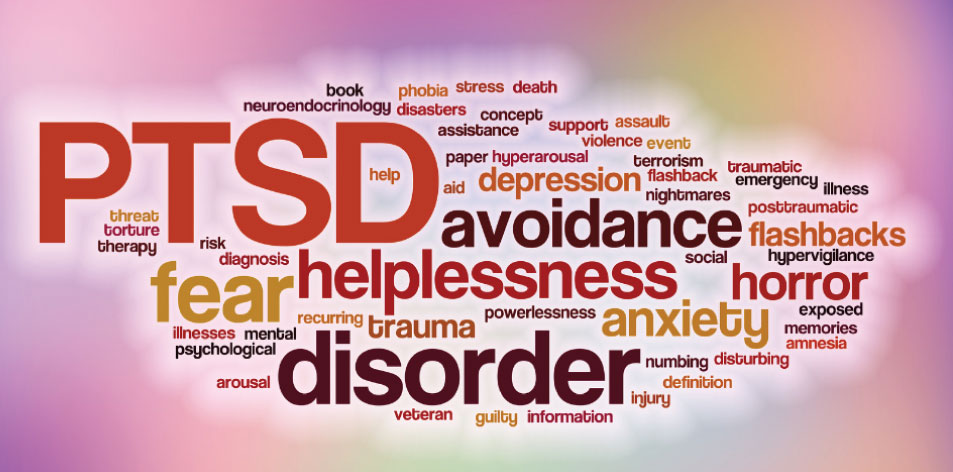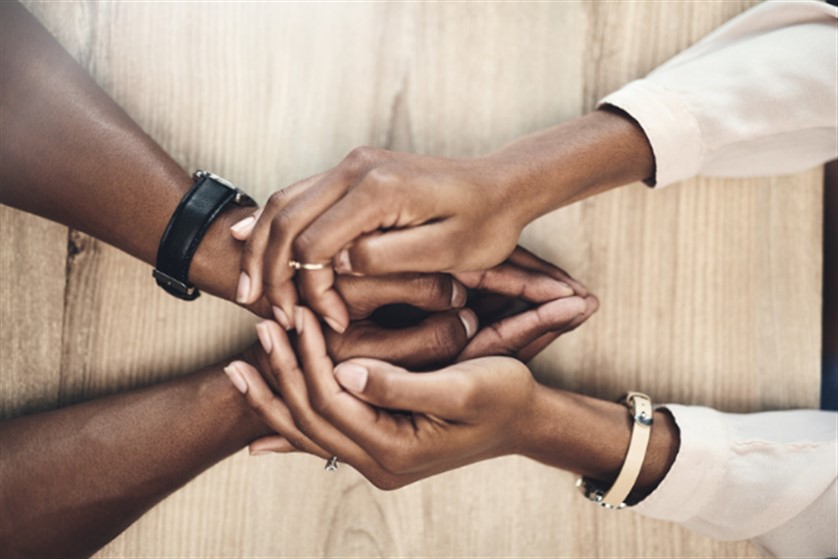
PTSD & Marriage- H&S Love Affair
PTSD & Marriage: How To Help Your Partner With PTSD
Post-traumatic Stress Disorder (PTSD) is a psychiatric disorder in which one experiences intense disturbing thoughts and beliefs, triggered by a traumatic event (experienced or witnessed), that is relived through flashbacks or nightmares. A person suffering from PTSD can have issues with trust, intimacy, communication, all important components of forming a healthy relationship. As it is, in every marriage there are some stressors & issues which requires teamwork to resolve, on top of it, having a partner who suffers from PTSD can make it a little more difficult. PTSD is thus not a challenge for the person experiencing it, but also for the partner who watches their loved one suffer. The good news is that it can be managed with good support, and it doesn’t have to take a toll on the marriage. Keep Reading to find out how you can help your partner suffering with PTSD.
9 Tips On How You Can Help Your Partner With PTSD:
1. Learn About PTSD- For you to be able to help your partner with PTSD, you need to know everything about PTSD; the symptoms, effects and treatment choices.
2. Continue Living Your Life Normally- Do all the normal stuff, carry on with your routine, as long as it has nothing to do with the traumatic experience. Encourage your partner to go out with friends, pursue their hobby, etc. If you were going to Sunday lunches together, keep going. Continue living your lives normally!
3. Be Their Support System-People with PTSD tend to withdraw themselves from their loved ones, because they feel ashamed, don’t want to be a burden, or believe their loved ones won’t understand. It’s therefore important that you as their partner reassure them and support them as they experience the negative feelings, for your support plays a big role in their ‘healing process’! Your partner may not necessarily want to talk about what they’re going through, because it may be a trigger. You are there to support them and comfort them.
4. Lend An Ear- If your partner with PTSD wants to share something, be kind, non-judgemental & eager to hear them out. All they want is to be heard, and even if this involves repeating their experience which may be unpleasant to hear about, know they are on a healing path. The last thing you want to do is brush your partner off.
5. Keep Calm, Be Patient & Be Prepared For Anything- It can be a lot at times, and you may get to experience some very lows. Your partner is not well, and you need to be patient and calm. Don’t expect your loved one to miraculously recover overnight from PTSD. It’s important to keep things in perspective and understand that recovery takes time and patience is key, as there may be setbacks along the process. Just be positive & keep supporting your partner.
6. Rebuild Trust, Slowly But Surely- You as the partner need to understand that trauma can be very damaging, having unwanted effects on the mind, such as making a person feel they are in imminent danger, even when they aren’t. This is true for people and situations. Your partner may not trust themselves and you, not because they want to, but unfortunately because of the way their mind perceives it. You need to therefore keep working on trust and allow your partner to feel safe and loved. If it means reminding them about your commitment and that you aren’t going to leave, then do it. Make sure they don’t get stressed out, try being consistent in your commitments.
7. Know The Trigger(s), Emotions & Learn Manage Them- Anything can set off a PTSD symptom, and unfortunately this is the aftermath you need to be prepared to deal with, as your partner with PTSD may be living in a constant state of physical and emotional stress. A trigger could be a person, a situation, a smell, a place, or an object, they can also be internal such as an emotion or feeling. Try to avoid triggers you can avoid, for those you can’t ‘staying connected to the present moment without getting lost in thoughts or emotions’ is what is needed. So make sure you respond appropriately, with love & kindness, reminding your loved one that it’s okay, and they’re safe. Symptoms of anger outbursts, extreme irritability, moodiness can occur. Remaining calm, during an emotional outburst, is key.
8. Consider PTSD Therapy- While love, support, compassion, kindness and patience are important, it may not be the only thing needed. Your partner may be in need of PTSD therapy, which your partner may not be receptive to. Keeping in mind, what’s good for your partner, you need to emphasize and show them the need for treatment in a good light.
9. Your Well-Being Matters Too- Whilst your partner’s struggles with PTSD means that they require to be taken care of and need your support, it doesn’t mean you neglect yourself in the process. Only if you are in sound health, (both mental & physical), will you be able to be there for your partner. Getting enough sleep, exercising, eating healthy, having your own support system, having some quality ‘me time’, are all very important.
Do you need relationship advice? Ask your questions & our expert will get back!


